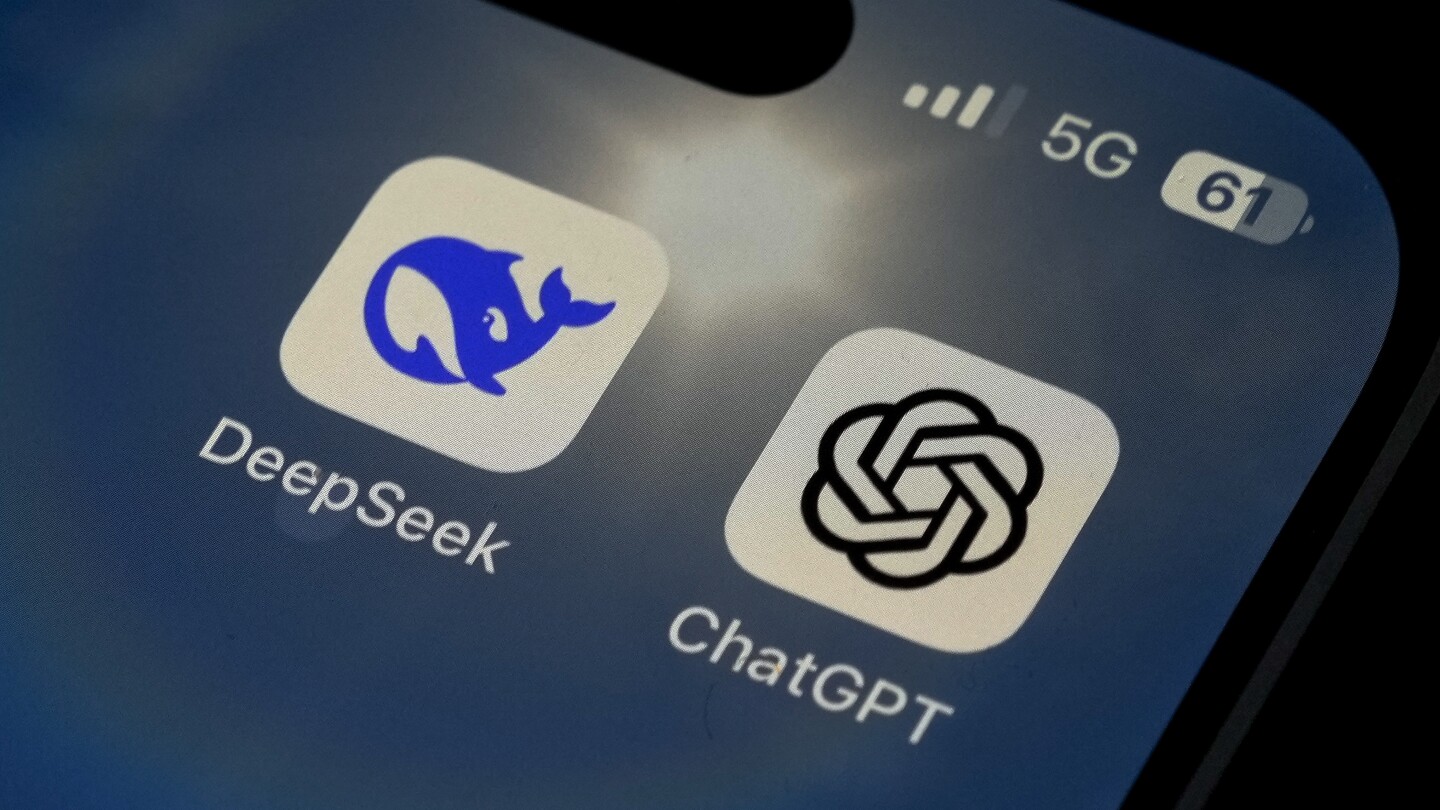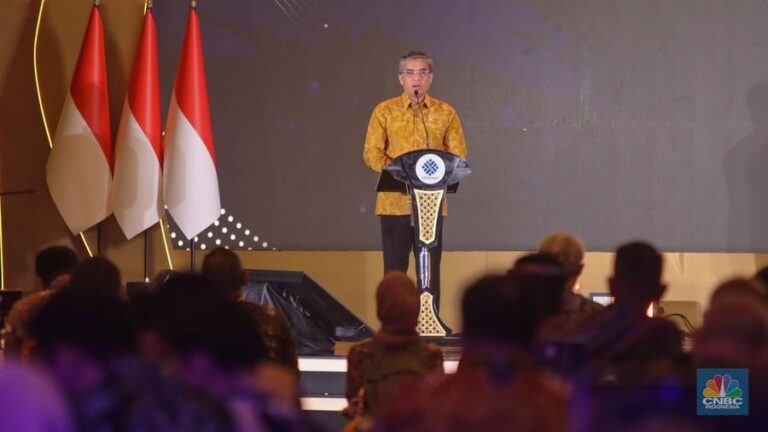Hong Kong — The meteoric rise of DeepSeek has not only sent shockwaves through global AI markets and rattled major players like OpenAI, but it is also profoundly reshaping China’s own technology landscape. As one of the most influential open-source AI models to emerge in recent years, DeepSeek is rapidly being adopted by China’s largest technology firms, prompting a fundamental shift in the nation’s AI development strategy. Many of these companies, which had previously invested heavily in creating their own proprietary chatbots, are now racing to integrate DeepSeek’s advanced capabilities into their existing platforms and services.
The influence of DeepSeek reached a new milestone in early February when Huawei, China’s telecommunications giant, announced its decision to run DeepSeek on its own computing infrastructure powered by Ascend processors—domestically developed AI chips. This marked a significant departure from the prevailing reliance on Nvidia’s high-performance GPUs, which have long dominated the AI industry. Huawei’s decision underscores the growing viability of Chinese-made alternatives, a move that some analysts have labeled as a turning point in the global AI race.
Investment research firm Bernstein described this development as a major breakthrough, stating that the collaboration effectively counters US-imposed sanctions. By demonstrating that high-performing AI models can operate efficiently on locally developed Ascend chips, China has shown that it can circumvent restrictions designed to curb its access to cutting-edge AI technology. The shift is particularly noteworthy in light of US export controls introduced in late 2022 under the Biden administration, aimed at restricting China’s ability to develop next-generation AI systems and advanced weaponry.
Despite these sanctions, DeepSeek’s latest R1 AI model has proven that China’s AI sector continues to thrive. The model, reportedly trained at a fraction of the cost incurred by industry leaders such as ChatGPT, challenges the assumption that limiting China’s access to high-end semiconductor technology would stifle its AI advancements. DeepSeek’s rising prominence has drawn immediate attention from China’s leading AI chipmakers, including Moore Threads, Enflame (backed by Tencent), Baidu’s Kunlunxin, and Hygon Information Technology. These companies have pledged support for DeepSeek and have begun running the model on their respective computing platforms, accelerating its adoption across the industry.
Expanding Beyond Chips: DeepSeek’s Integration into China’s Tech Giants
The impact of DeepSeek extends beyond semiconductor manufacturers. China’s biggest technology firms are now incorporating the AI model into their cloud computing services, signaling a broader transformation in the nation’s AI ecosystem. Alibaba, Tencent, Baidu, and Bytedance—the parent company of TikTok—have all integrated DeepSeek into their cloud platforms, making the AI service widely accessible to businesses and developers.
The embrace of DeepSeek is not limited to internet giants; China’s three major telecom operators, Lenovo, and leading automotive brand Geely have also adopted the technology, embedding it into their cloud solutions and AI-driven products. This widespread adoption reflects the growing recognition of open-source AI as a pivotal force in shaping the future of China’s digital economy.
Technology research firm Omdia’s chief analyst, Lian Jye Su, noted that DeepSeek’s success serves as validation for open-source AI companies. “If a model is sufficiently advanced and effective, even AI giants will integrate it into their platforms,” he said. While many of China’s largest technology firms have spent the past two years developing their own large language models (LLMs)—particularly since the debut of ChatGPT in 2022—they have nonetheless embraced DeepSeek rather than viewing it solely as competition.
One of the key motivations behind this move is user acquisition. Despite offering rival AI models, major Chinese firms see value in leveraging DeepSeek to attract both consumers and enterprise clients. “Monetizing AI models directly is a challenging endeavor for tech giants unless mature consumer and enterprise applications support them,” Su explained. The decision to integrate DeepSeek ultimately aligns with a broader trend where AI innovation is increasingly driven by accessibility and ecosystem expansion rather than proprietary dominance.
DeepSeek’s Global Impact and Rising Scrutiny
DeepSeek, founded in Hangzhou in 2023, made global headlines in January 2025 when it launched its latest AI model, instantly positioning itself as a formidable challenger to established players. Its AI Assistant app quickly skyrocketed to the top of international download charts, surpassing ChatGPT in user adoption by late January. Within just 20 days of its release, DeepSeek amassed an astonishing 22 million daily active users, according to Chinese state media.
The rapid success of DeepSeek has propelled its founder, Liang Wenfeng, into the spotlight, earning him recognition as a national tech leader. However, alongside its meteoric rise, DeepSeek has also encountered growing international scrutiny. Taiwan and Australia recently moved to prohibit government officials from using the AI service, citing concerns over potential data security risks.
Other governments have followed suit. Several South Korean ministries and government departments have issued similar bans, while Italy imposed a full-scale block on DeepSeek’s app last month due to unresolved privacy concerns. Additional nations are now investigating the company’s data handling practices, raising questions about the implications of China’s rapid AI advancements on global cybersecurity and privacy regulations.
Despite these challenges, DeepSeek’s remarkable ascent underscores the shifting dynamics of the AI industry. As Chinese companies increasingly embrace open-source models, and as homegrown chip alternatives continue to gain traction, the landscape of artificial intelligence is undergoing a transformation that could reshape global technological leadership for years to come.









